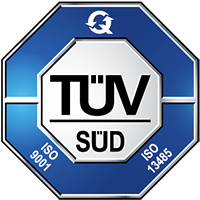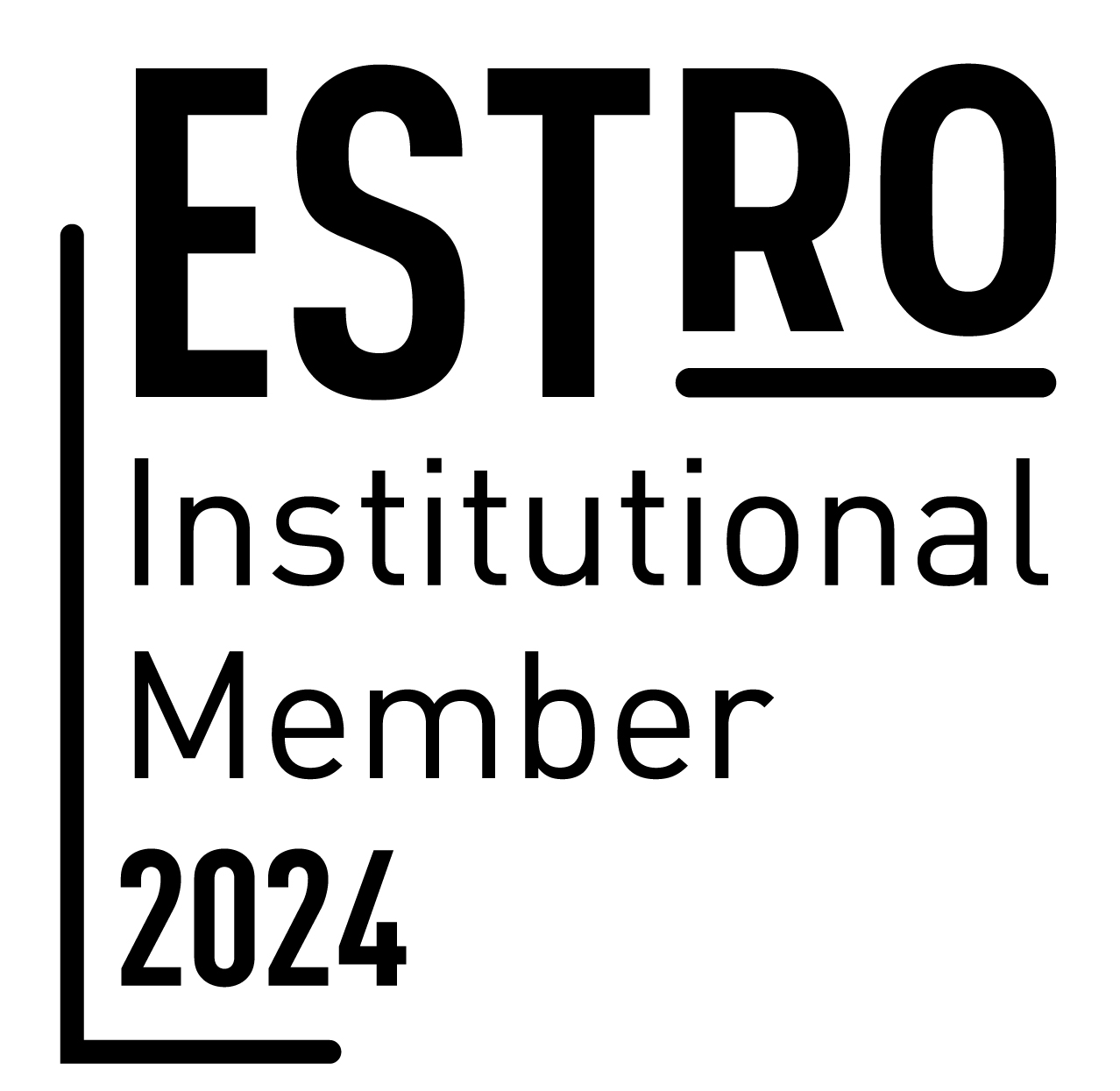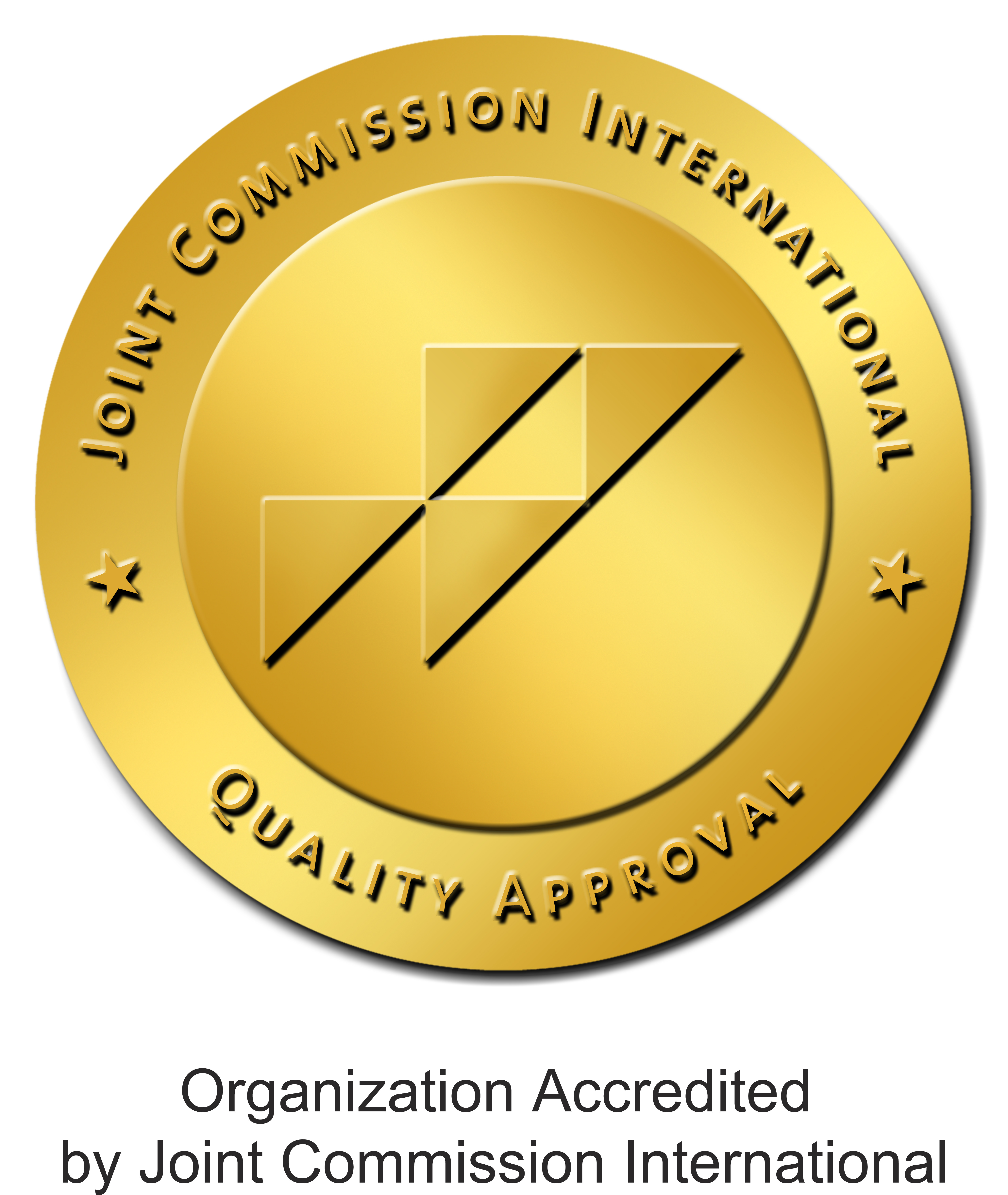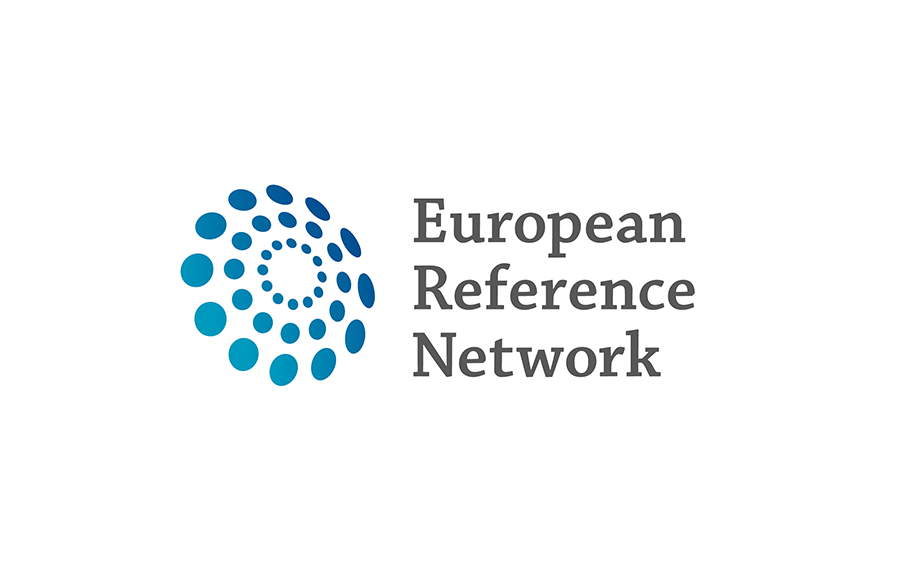Pathologies that can be potentially treated with hadrontherapy
Chordomas and chondrosarcomas
Want to submit your case? Click HERE
Chordomas and chondrosarcomas are bone tumours of the skull base and spine that arise from cells that mutated erroneously during their development. Although these neoplasms develop from different cell types, they often share common characteristics: usually both originate near the skull base, may have similar imaging characteristics, and can cause the same symptoms. For these reasons, differential diagnostic problems are often encountered.
Chordomas
Chordomas are neoplasms that develop at the level of the spine from the residual notochord, the embryonic structure that regresses in size during skeletal development to become part of the vertebral column. If this regression does not happen, the notochord cells mutate and become malignant, forming a chordoma.
In most cases, chordomas arise at both extremes of the vertebral column, that is, in the skull base or in the area of the sacrum, even though they can develop at any point along the line of the backbone.
Chondrosarcomas
Chondrosarcomas are malignant neoplasms that originate from cartilage fragments that give rise to an abnormal bone tissue and/or cartilage formation.
Chondrosarcomas may develop in any bone, but most are commonly found in the pelvis, shoulder blades, ribs and long bones (that is, legs, arms, fingers and toes). Rare cases of spinal and intracranial chondrosarcomas have also been reported. More rarely, chondrosarcomas can originate from a chondroma, that is, from a pre-existing benign tumour.
Both chordomas and chondrosarcomas are particularly aggressive tumours, characterised by a high rate of local recurrence. They frequently show an intracranial-intradural extension invading the posterior and/or middle cranial fossa.
Chordomas and chondrosarcomas have a higher incidence in males than in females.
Causes of chordomas and chondrosarcomas
Although the causes of chordomas and chondrosarcomas have not been identified yet, in chondrosarcomas there are some pathologies related to the development of this neoplasm.
The pathologies that increase the risk of developing a chondrosarcoma are:
- Ollier disease
- Maffucci syndrome
- Multiple hereditary exostosis (MHE)
- Nephroblastoma (Wilms Tumour)
Additionally, the following have been recently found in cases of chondrosarcomas:
- IDH1 and IDH2 mutations
- Abnormalities in tumour suppressor genes, oncogenes and transcription factors
Symptoms of chordomas and chondrosarcomas
At the initial stage of the malignancy, chordomas and chondrosarcomas are asymptomatic in most cases. The first symptoms, which are common to both neoplasms, depend on where the tumour mass is located.
Common symptoms that can be encountered are:
- Pain
- Headaches
- Sensory deficits or hyperesthesia
- Dysphagia
- Ataxia
Diagnosis of chordomas and chondrosarcomas
In case of suspected chordoma or chondrosarcoma, visiting a specialist is crucial to determine a correct patient's medical history.
Subsequently, radiological examinations aimed at defining the nature and location of the tumour should follow, including:
- MRI (magnetic resonance imaging)
- CT (computed tomography)
- Scintigraphy
In order to confirm diagnosis, the specialist may request a biopsy aimed at getting clearer signs on the nature of the tumour.
Treatment of chordomas and chondrosarcomas
The treatment of chordomas and chondrosarcomas is assessed according to the nature, location and extent of the tumour, and the patient's general medical condition.
In these particular tumours, total resection is often difficult; besides, these tumours are often highly radio-resistant. That is why proton hadrontherapy is one of the most effective treatments since it reduces side effects and damage to nearby healthy tissues.
Moreover, it should be noted that both chordomas and chondrosarcomas have been among the first neoplasms to be treated using hadrontherapy.













